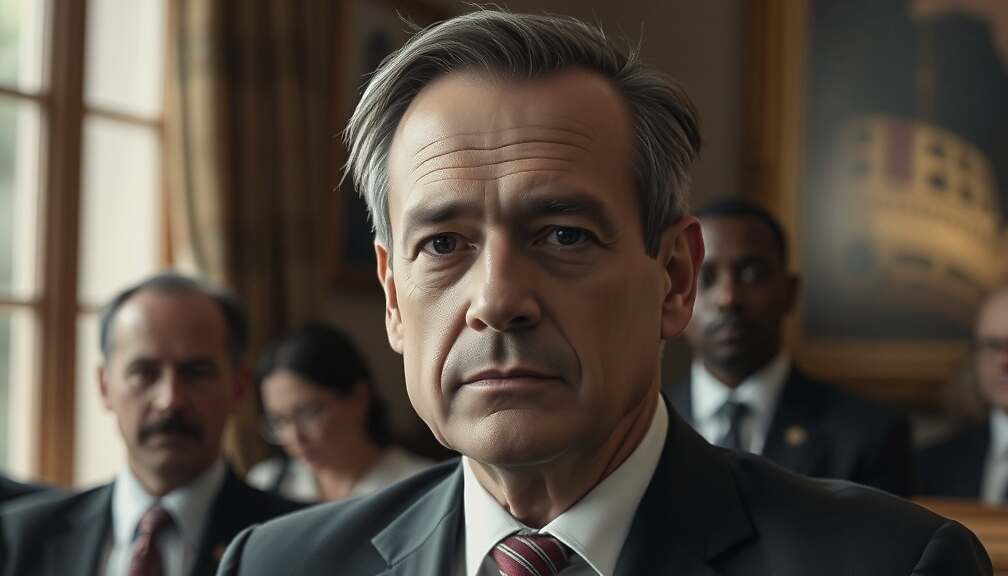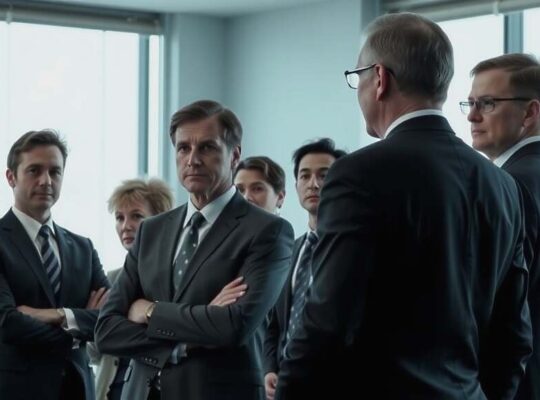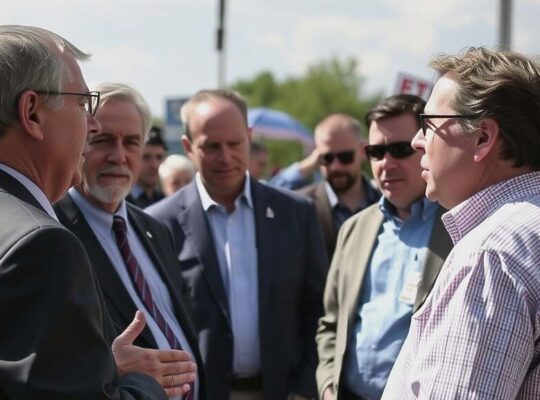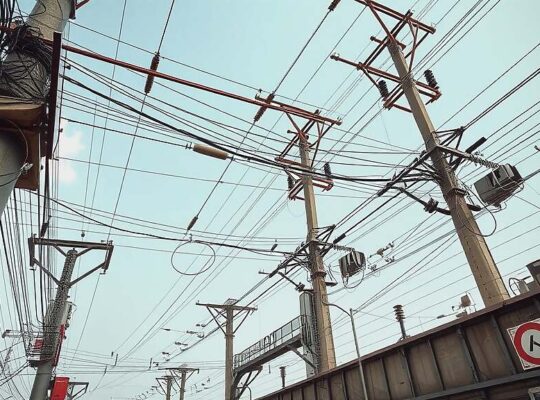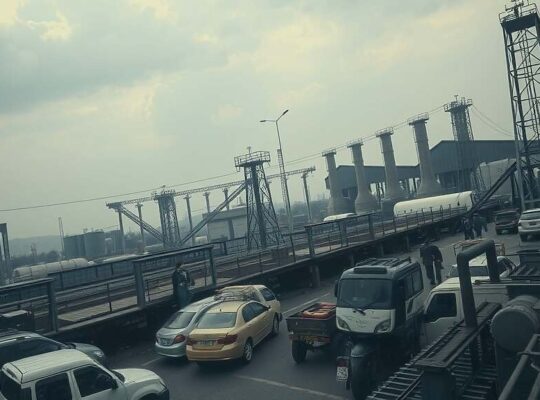Andreas Jung, a senior figure within Germany’s Christian Democratic Union (CDU), is advocating for a significant recalibration of the nation’s climate policy approach, sparking a fierce debate within the governing coalition and drawing sharp criticism from environmentalist factions. Speaking to the Frankfurter Allgemeine Zeitung, Jung, also deputy parliamentary group leader for the CDU/CSU alliance, stressed the necessity of “integrating climate protection with economic viability and job creation.
Jung’s most contentious proposal centers on extending the issuance of emission allowances to industry beyond the previously defined 2039 deadline. He supports Environment Minister Carsten Schneider’s (SPD) suggestion that these certificates should continue to be granted until 2045, aligning with Germany’s ambition to achieve climate neutrality by that year. He argues this is vital to safeguard “competitiveness” and prevent undue economic strain.
This stance marks a departure from some within his own party and directly challenges core tenets of the Green party’s platform. While acknowledging the urgency of climate action – describing it as a “duty to preserve creation and our homeland” – Jung insists that a pragmatic, conservative approach is required. He draws parallels to the CDU’s historical success in marrying capital and labor within the framework of the Social Market Economy, proclaiming a similar commitment to integrating ecology and economy. He dismissed the concept as neither radical nor miraculous, but as an inherent expression of conservative values rooted in the principles of synthesis.
The proposal also includes advocating for the deployment of Carbon Capture and Storage (CCS) technology as a crucial component of achieving climate targets. However, Jung dodged a definitive answer regarding its applicability to planned natural gas power plants, stating they should act as a reliable backup for renewable energy sources and that market forces would ultimately determine the economic feasibility of CCS implementation.
The timing of Jung’s intervention highlights the increasing political tension surrounding climate policy in Germany. Across the political spectrum, impacts from climate change are becoming increasingly visible and impactful – “you hear the moaning when you walk through our forests with open eyes” he noted.
Katharina Dröge, parliamentary group chair for the Green party, has condemned the proposal for extended emission allowances. She accuses the CDU of undermining the very climate goals they claim to support, arguing that watering down emission reduction targets represents a cynical attempt to minimize climate action and prioritize short-term economic interests. Dröge’s statement suggests a profound disagreement over the fundamental direction of Germany’s climate strategy and raises serious questions about the coalition’s ability to maintain a unified front in the face of escalating environmental challenges. The debate underscores a critical juncture for Germany’s climate ambitions, with competing priorities and diverging ideologies threatening to derail progress.


